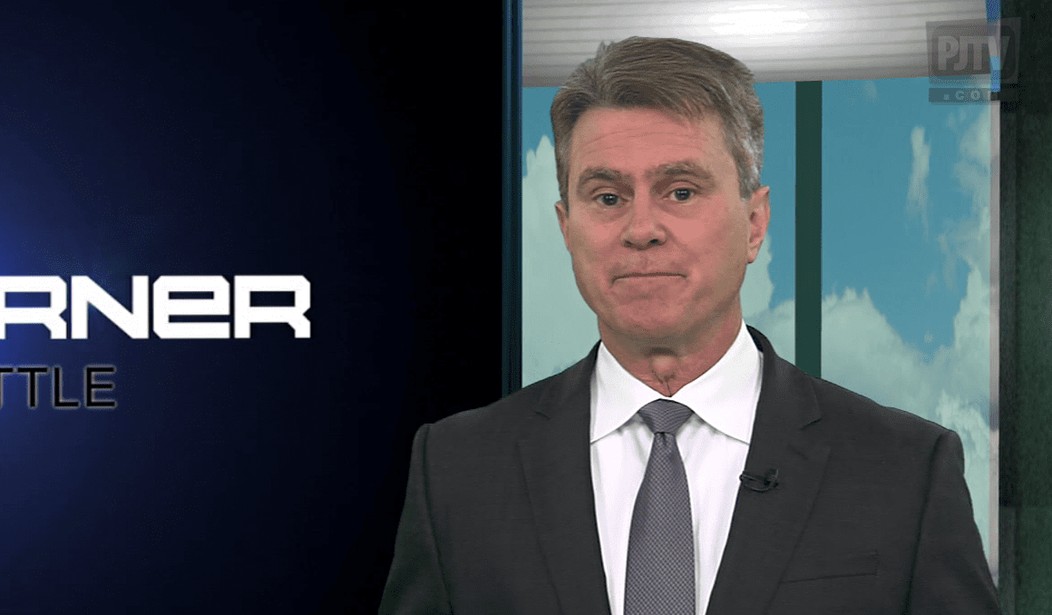The White House said it pulled back on levying sanctions against Iran for ballistic missile violations because they’re just trying to determine when they’d have “maximum impact.”
A couple dozen Senate Democrats have been heaping pressure on the Obama administration to do something in response to the October and November launches, which run afoul of UN Security Council Resolution 1929.
Last week, Iran President Hassan Rouhani ordered his defense department to step up the Islamic Republic’s ballistic missile program in response to a report that the Treasury Department was preparing sanctions in response to two illegal missile tests.
The Wall Street Journal reported last Wednesday that Treasury is planning to sanction about a dozen entities in Iran, the United Arab Emirates and Hong Kong for having a role in Iran’s missile program.
“As the United States seems to plan to include the names of new individuals and firms in its previous list of cruel sanctions in line with its hostile policies and illegitimate and illegal meddling in the Islamic Republic of Iran’s right to reinvigorate its defense power, the program for the production of the Armed Forces’ needed missiles is required to continue more speedily and seriously,” said Rouhani’s decree, according to the semi-official Fars News Agency.
“In case such wrong and interventionist measures are repeated by the United States, the Defense Ministry will be duty-bound to make use of all possibilities to bring up new planning to develop the country’s missile capability,” he said.
He also said Iran stressed throughout the P5+1 nuclear negotiations that it would “never negotiate with anyone about its defense power, including the missile program, and would never accept any restriction in this field, emphasizing its entitlement to the legitimate right of defense.”
After Iran’s threat, the sanctions plan appeared to be off the table.
“We have been talking publicly for some time about the potential that the United States could levy sanctions against Iran in light of ballistic missile tests that they conducted last year,” Earnest told reporters on Monday when pressed about the delay. “This is an option that has been on the table for some time and it’s one that has been carefully considered by the experts at the Treasury Department who are responsible for imposing those kinds of financial penalties.”
“We know that those kinds of financial penalties have an impact, and they are helpful in countering Iran’s ballistic missile program,” he continued. “But ultimately, we will impose those financial penalties, we’ll impose those sanctions at a time and place of our choosing, when our experts believe they would have the maximum impact.”
“And those decisions are not subject to negotiation by the Iranians or anyone else, for that matter. They’re actually — those decisions are made based solely on the conclusion of our financial experts about ensuring that those penalties have the maximum impact.”
Asked if Saudi Arabia was “irritated” at the United States for backing down, Earnest replied, “You’d have to ask them about that.”
“But again, the decision that the United States makes about imposing sanctions against the Iranians for their ongoing ballistic missile program are made based on our judgment about when those penalties would have the maximum impact,” he said.
At the State Department, press secretary John Kirby stressed that “nobody’s turning a blind eye to the capability of the regime in Tehran to further and conduct destabilizing activities in the region.”
“We still believe Iran is a state sponsor of terrorism. We know that they continue to support bad actors in the region. That is why we have a wide array of tools at our disposal unilaterally to deal with that, particularly on the sanctions front,” Kirby said, adding the P5+1 nuclear deal “was all about one thing, and that was cutting off their pathways to a nuclear bomb.”
“You saw the Secretary certified this a couple of weeks ago to Congress — they are moving forward with implementation. We do believe that implementation could come in the near future. But we’re watching that very, very closely. This is not about trust. This is not about, again, turning a blind eye to their capability to continue to destabilize the region.”









Join the conversation as a VIP Member